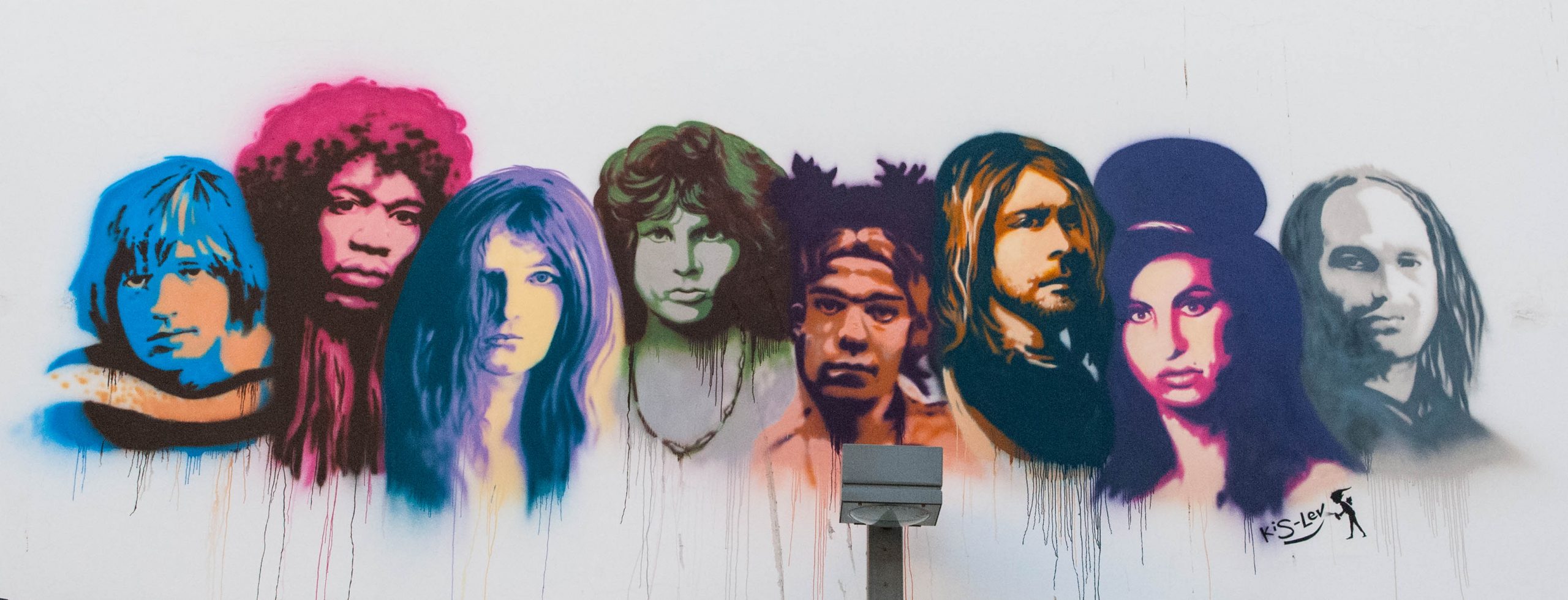In the contemporary perception of extraordinary artistry, it seems that the question of what is older – the history of music or the history of mental illness – has almost become the chicken and the egg conundrum. Even more radically in the eyes of the general public and media, they are essentially the same.
This thought that creativity and extraordinary talent is inherently linked to such mental disorders as schizophrenia, bipolar disorder, or major depression can be traced to Aristotle, but gained most of its momentum during the last half of the century, supporting the idea that if you want to be a great artist, well, then you will just have to suffer.
This was not always the case in music, however: Apollo was the Ancient Greek God of music, medicine, sun and light; in the Middle Ages Persians were using music to treat mental health illnesses; during the times of the early opera it was believed that the misbalance of the four passions (essentially emotions) of the soul would bring illness to the performer, making the profession seem dangerous and therefore unattractive; J. S. Bach was industrious, demanding and meticulous, basically, the exact opposite of the cliché of a ‘rock star’.
But then came Beethoven. Or, to be more precise, then came the long 18th century of Romanticism, and the idolisation of a secluded, emotional genius, ‘the wanderer above the sea of fog’. Beethoven had indeed suffered from mental illness, historians argue that it was bipolar disorder, but it is crucial to look at the broader context. The image of him being the greatest composer came with the beginning of Musicology as defined by the predominantly white, male demographics of upper class Germany at the time of ‘madhouses’ in Britain; that is, before the more appropriate, or simply somewhat humane approaches to psychiatry started being developed. This essentially made Beethoven’s personal life a symbol of everything the high art of music is all about, and allowed the romanticising of mental illnesses to begin with there being hardly any awareness of what it actually was.
A lot of the latter was carried on to the popular culture, especially rock, which ideologically is particularly close to the Romantic ideas: emotional, intimate communication of sincere inner experiences, with emphasis on skill, followed by the torment that is inseparable from a great talent. This portrayed bohemian lifestyle is a prerequisite to creativity, often characterised by drug and alcohol abuse and its induced accidents, in critical cases homicide or suicide. The best example is ‘The 27 Club’, which included Janis Joplin and Kurt Cobain: instead of raising awareness of the lack of support systems and the isolation so prominent within the industry, it became a cultural phenomenon that started a myth of correlating talent with such a fate.
The deeper, more profound issue in either cases of rock and roll stars or Romantic composers is the commodification of mental illness. We live in a society that prioritises productivity above all; where the signs of mental health problems that can lead to disability become somewhat justified, or even normalised if creative value is produced. Instead of either redefining productivity altogether or creating ways to prevent such tragedies as those of Ian Curtis, Sid Vicious, Amy Winehouse and others, they are simply appropriated or worshipped.
The same argument can be made about any creative field: writers, painters, actors have also been – and still are – portrayed in the same way, even if changing technology and performance practices tend to adjust the definitions of glamour, bohemianism and associated artistic value.
When it comes to music, current studies show that 60 per cent of professionals in the UK’s music industry have experienced mental health issues. There is some positive change happening, particularly with Chester Bennington’s suicide sparking a conversation on the issue, but there is still a long way to go. The point being – and there cannot be enough emphasis put on this – that mental illness should not be fetishised.
IMAGE: Psychology Forever, Wikimedia CC

